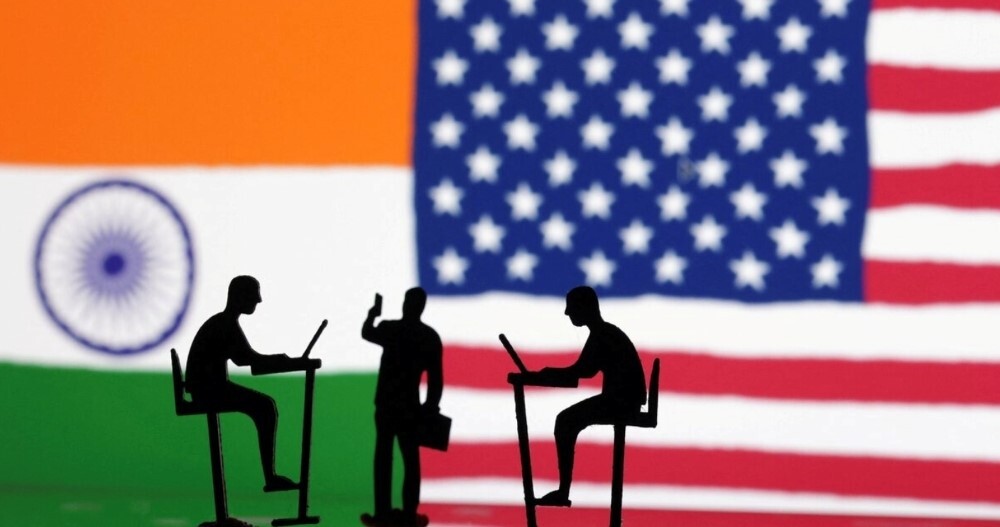您想继续阅读英文文章还
是切换到中文?
是切换到中文?

THINK ALUMINIUM THINK AL CIRCLE

On August 5, 2025, the Indian government informed Parliament that the US has rejected its request for consultations at the World Trade Organisation (WTO) concerning the recent US tariffs on aluminium, steel and related products. Earlier, following Trump’s decision to double tariffs on aluminium and steel from 25 per cent to 50 per cent, India approached the WTO, arguing that these duties should not be classified as safeguard measures. The development now puts focus on how the US–India trade dynamics may evolve in the coming period.

In a recent written response to the Lok Sabha, Minister of State for Commerce and Industry Jitin Prasada stated that the US has justified these measures on national security grounds. According to the US position, the tariffs are covered under Article XXI of the General Agreement on Tariffs and Trade (GATT) 1994, which provides an exemption for actions taken to protect national security interests.
The minister further stated that India views these measures as safeguard actions that should have been formally notified and subjected to consultations under the Agreement on Safeguards (AoS). Moreover, India has therefore reserved the right to suspend substantially equivalent concessions, allowing it to impose reciprocal trade measures in response to the US’ non‑compliance with its obligations under the Agreement on Safeguards (AoS).
Previous rejection faced by India
India and the US were at a critical juncture in their trade relations as Washington blocked New Delhi’s WTO appeals on auto‑parts tariffs, even while both nations deepen strategic and security engagement. This standoff underscores how trade frictions could test the resilience of a partnership vital to global supply chains and geopolitical stability, signalling that future cooperation will hinge on balancing economic interests with strategic priorities.
However, despite rejecting the previous, marking India's second consultation, Trump agreed to continue one-on-one discussions with India concerning the auto component tariffs, albeit with the condition that the talks take place outside the framework of the WTO’s Agreement on Safeguards.
Current bilateral discussion between the countries
…and so much more!
SIGN UP / LOGINResponses








